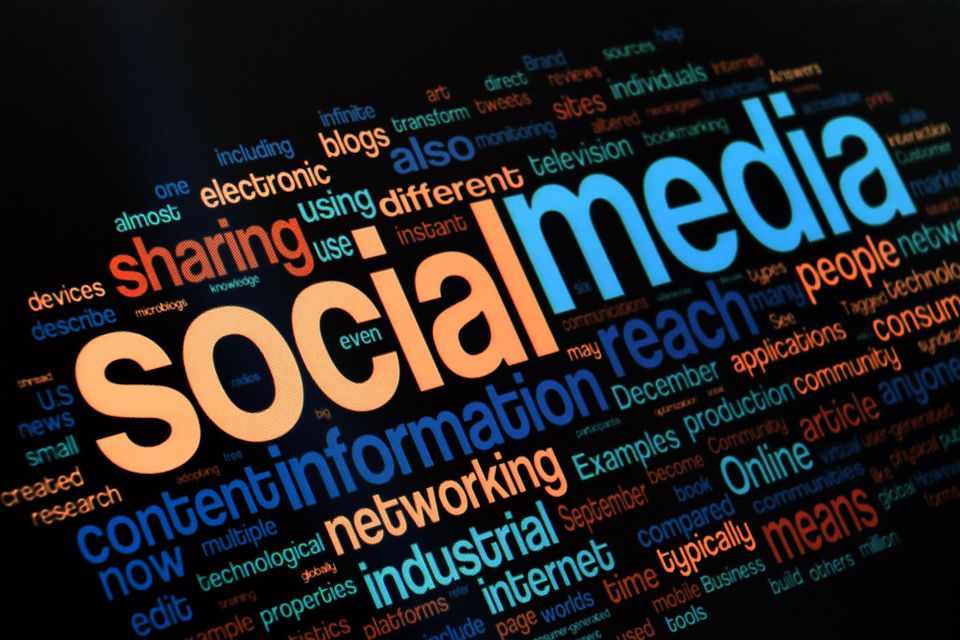The world’s most popular social media platforms are living in the moment. They are now meeting major challenges with practical steps. This is a welcome development. The policies discussed here are in response to a challenge paused by the 21st century’s first real global catastrophe, namely the Russo-Ukrainian crisis. Misinformation -- particularly online -- is an integral component of modern-day warfare. Russia is one of the leaders in the field. Even without a declared war, we have all seen the results of its cynical meddling in Western society and popular elections. Social media’s popularity and rich potential were not wasted on Russia. The Nazis of old were able to inflict so much damage with early media like radio and the ubiquitous billboard. However, the world’s social media platforms were adequately prepared. The policies that were announced and implemented were almost universal and practical. The focus was the Russian government and its owned media. The strategy was that of transparent sources of information, fact-checked information and weakened coordination due to loss of anonymity and monetization. Information in the form of posts and videos were properly labeled identifying the source. The information itself was put through vigorous fact-checking on some platforms. In misinformation coordinated campaigns, anonymity and funding are important. Therefore, on almost all platforms, monetization for Russian state-owned media halted. Platforms went further by shutting down directly related accounts and labeling sympathetic accounts. Russia’s overreach this time was confronted with a unified social media community. The benefits of these efforts will last longer than the current crisis, and will undoubtedly result in less polluted democratic elections in the future.
The following lists describe the gest of the steps taken by social media platforms as a response to the current crisis. Russian state-owned media outlets RT and Sputnik are referred to as “Russian Media” for brevity.
Meta
• Restrict access to Russian Media programming across the European Union.
• Suppress information originating from Russian Media in order to make it harder to find across Meta platforms.
• Suppress posts that contain links to Russian Media websites on Facebook.
• Russian Media links are labeled and users are provided with additional information before they share or click.
• Immediate removal of accounts in violation of platform policies.
• Claims from the region are intensively fact-checked.
• Claims from the region are labeled with additional reference data.
• The origin of the message is properly labeled.
• Russian Media is referred to with transparency.
• Russian Media is prohibited from placing ads or receiving sponsorship on the platform.
Alphabet
• Youtube blocked Russian Media channels across the European Union.
• Monetization paused for Russian Media on all platforms.
• Accounts and videos in violation of policy are immediately removed.
• Accounts and videos involved in coordinated deception practices removed.
• Reliable sources of information are elevated in search results and the opposite are restricted.
Snapchat
• Monetization paused for Russian Medias on snapchat.
• Platform is monitored for any evidence of disinformation.
• Only trusted content is published. Russian Media content is banned.
Twitter
• Links to Russian Media accounts and content are labeled.
• Took steps to reduce Russian Media content circulation on the platform.
• Monetization paused for Russian Media on platform.




